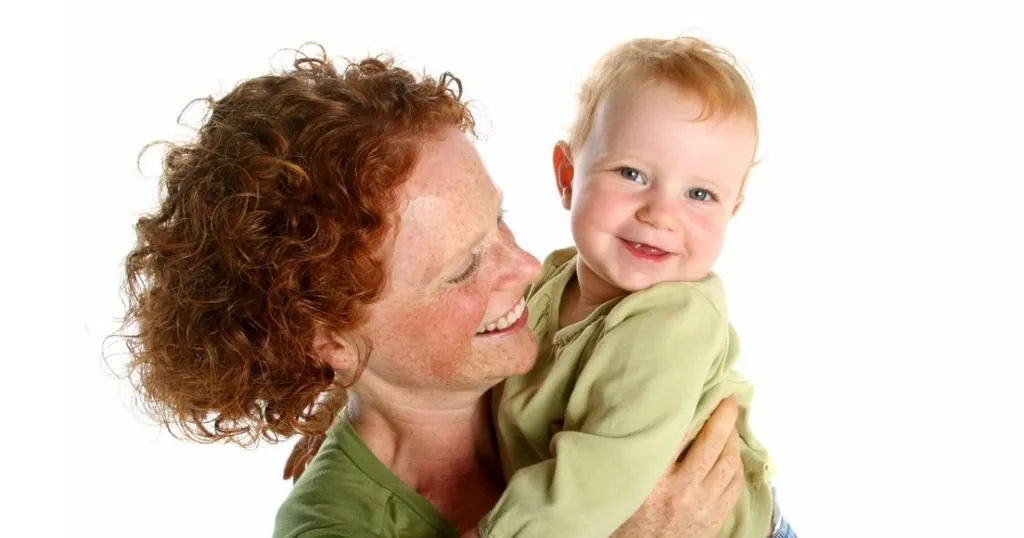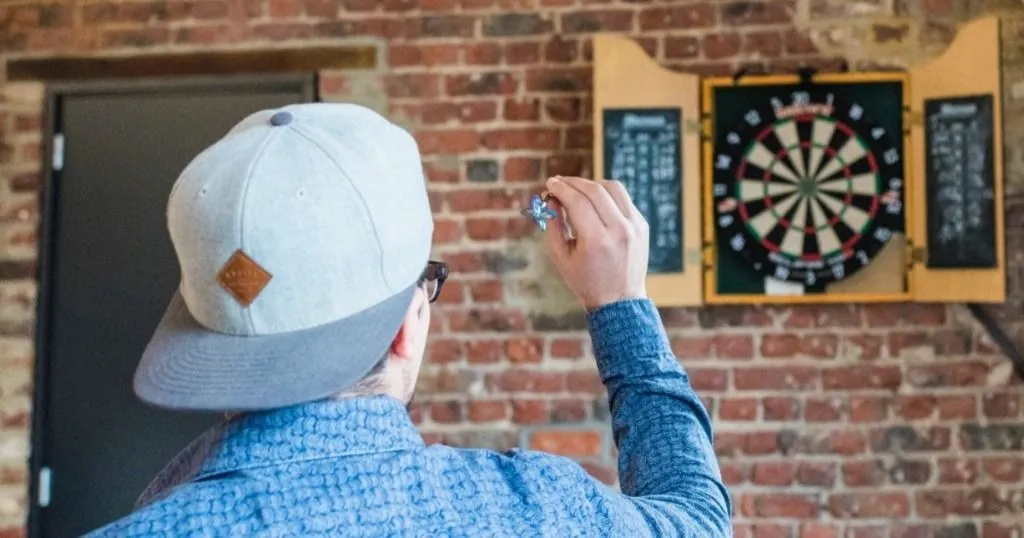Observing behavior - Jury deliberations, what happens behind closed doors
Researchers increasingly study what goes on behind closed doors. Thirty mock-jury deliberations were filmed and behaviors were then coded using The Observer software.
Posted by
Published on
Mon 19 Dec. 2011
Topics
| Coding Schemes | Social Communication | Social Interaction | The Observer XT | Video Observation |

Jury deliberations expected to begin today in Iredell murder trial — Jury deliberations in Whitehead trial continues Wednesday – Jurors continue deliberations in Padilla trial – These are just a few headlines that mention jury trials.
Nowadays, researchers increasingly study this deliberation process, which goes on behind closed doors. Take for example Behind closed doors: the effect of pretrial publicity on jury deliberations (Ruva, 2011). The results of this study suggest that negative pretrial publicity (PTP) has a biasing effect on jury verdicts and that PTP exposure can influence juror’s interpretations and discussion of trial evidence.
Observing mock-jury deliberations
Christine Ruva et al. (2011) analyzed 30 mock-jury deliberations. One point of interest, which they explored, was the behavior of jurors who were asked to read actual negative pretrial publicity from the murder trail that they later viewed in comparison with jurors who read unrelated news articles. Researchers performed content analyses in order to discover what occurs during jury deliberations.
The mock-jury deliberations were filmed and behaviors were then coded using The Observer software. The authors of this article prefer using this software package instead of transcribed deliberations or video observations, which use less sophisticated content analysis tools.
The Observer software allows for more elaborate coding schemes and more accurate event timing. These elaborate coding schemes provide the user tools to more accurately analyze and even detect the most subtle differences in behavior.
Evaluating group processes
Furthermore, evaluating group processes, such as jury deliberations, can be extremely valuable for many fields of research. Scientists are examining new methods and techniques that can help them gather relevant data.
For example, Waller et al. (2011) studied how individuals contribute to a decision-making process. They hypothesized that individuals in large group settings do not always contribute equally to group decision making processes. Realizing it would be interesting to closely observe any group process, they examined roles such as influencers, deciders, listeners, and bystanders.
In the end, Waller concluded that the data gathered did not demonstrate any effect of group size on actual participation during deliberations. What they measured was perceived participation. Not actual but perceived participation, because they used questionnaires to gather data.
The results of both might be similar, however, it is still important to clarify how participants truly behaved, which can be done through the gathering of observational data.
References
- Ruva, C.L.; LeVasseur, M.A. (2011). Behind closed doors: the effect of pretrial publicity on jury deliberations. Psychology, Crime & Law, DOI:10.1080/1068316X.2010.502120, 1-22.
- Waller, B.M.; Hope, L.; Burrowes, N.; Morrison, E.R. (2011). Twelve (not so) angry men: managing conversational group size increases perceived contribution by decision makers. Group processes & intergroup relations, 14 (6), 835-843.
Related Posts

Parent-child interaction: Measuring the effectiveness of interactions

Predicting behavior from non-verbal communication

